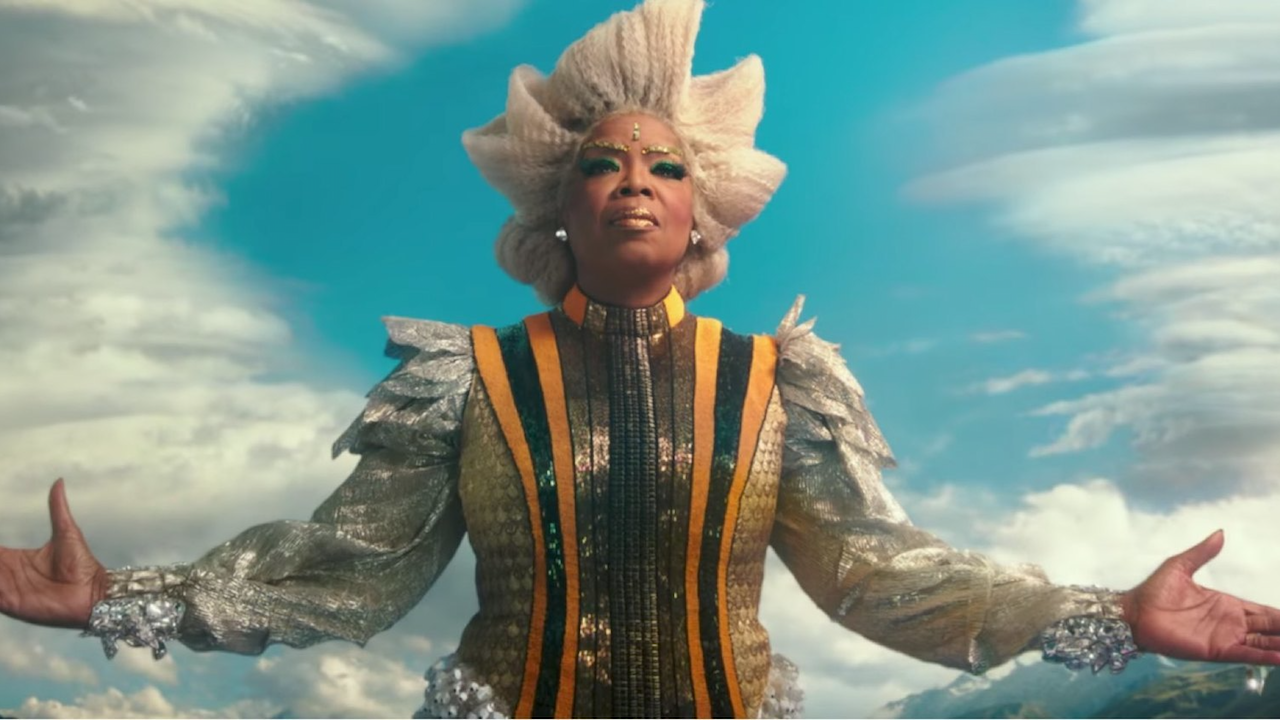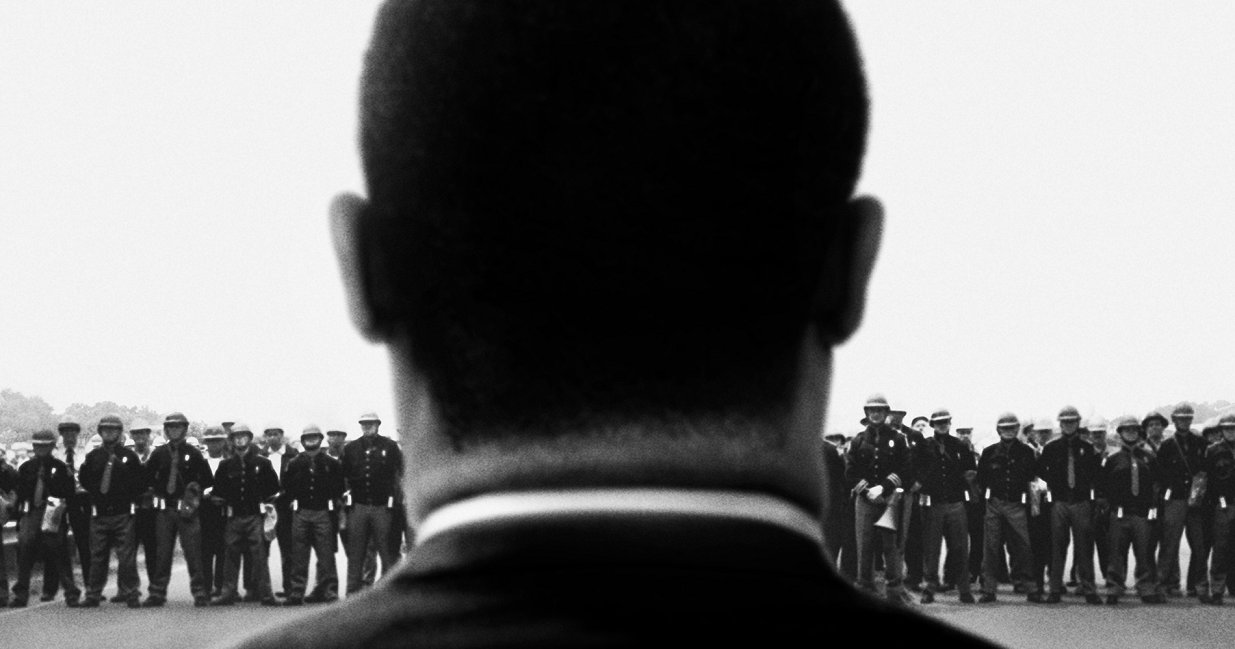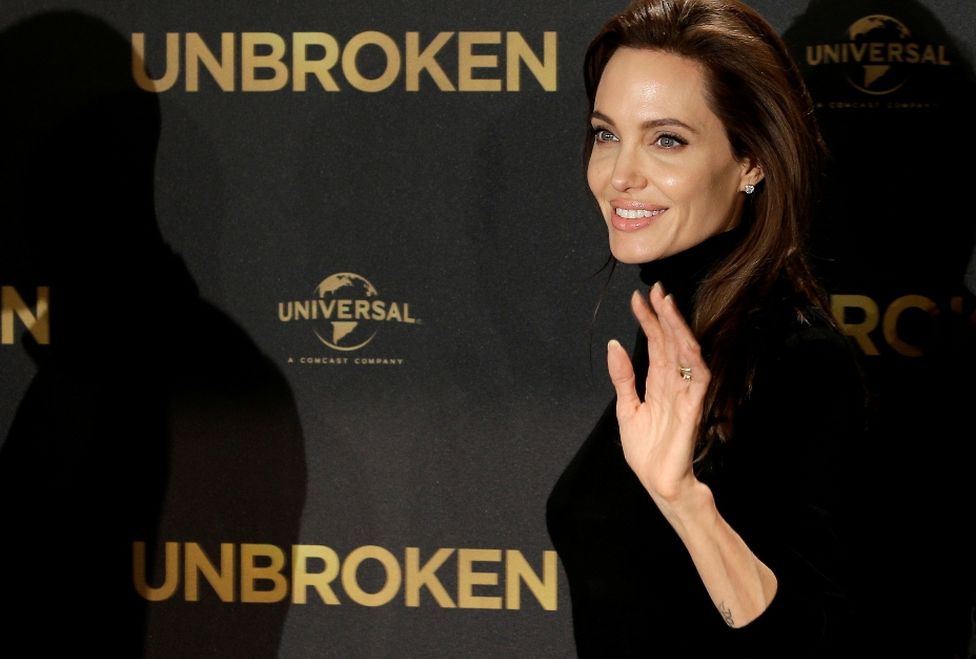Origin
by George Wolf
Origin is so loaded with theories, facts and history, you may wonder why writer/director Ava DuVernay didn’t just make the film a documentary. After all, 2016’s 13th showed DuVernay can certainly command the genre.
I’m guessing she gives us the answer with a telling line of dialog: “Real people, real things.”
The main character, Isabel Wilkerson, is a real, extraordinary person, and author of the source book, “Caste: The Origins of Our Discontent.” And the film works as well as it does because of how well DuVernay unveils both the results of Wilkerson’s work and the personal journey that made it possible.
Aunjanue Ellis-Taylor’s tremendous turn as Wilkerson doesn’t hurt, either.
We first meet Wilkerson shortly after the news of Trayvon Martin’s murder first breaks. The Pulitzer Prize-winning journalist is looking to take some time off to care for her elderly mother, but her colleagues (Blair Underwood, Vera Farmiga) are hoping she can address the issue in print.
Even Wilkerson’s husband Brett (a wonderful Jon Bernthal) thinks she’s happier working, but Isabel is hesitant.
“I don’t write questions, I write answers,” she explains. And Isabel finds many lingering questions in the Martin murder, the Charlottesville tragedy, and the increasing drumbeat of fascism in America. Her mind is restless, because while racism is a symptom, using it as “a primary language to understand everything isn’t sufficient.”
But as Isabel suffers heartache and loss in her personal life, she researches history in Germany, India, and America’s Deep South to find the connective tissue she sought – caste systems perpetuated through unending violence until they’re accepted as the natural order.
DuVernay utilizes Wilkerson’s classroom presentations, conversations with her cousin Marion (Niecy Nash, terrific) and fact-finding interviews as sufficiently organic vehicles for flashback. The history lessons are rife with discovery and heartbreak, and compelling enough to keep a firm grip on your attention.
There are flashbacks to Isabel’s personal history as well, including a look at her relationship with Brett that is tender, funny and poignant, buoyed by the sweet chemistry between Ellis-Taylor and Bernthal.
And though the third act can get especially lecture heavy, the material works as a narrative whole because DuVernay finds her own layer of tissue that connects us to both the real people and the real things.
The cycle of trauma -be it personal or systemic – can only be broken by confronting it. Origin confronts it with questions and answers, humanity and inhumanity, in ways compelling enough to change the very way we look at the world around us.




